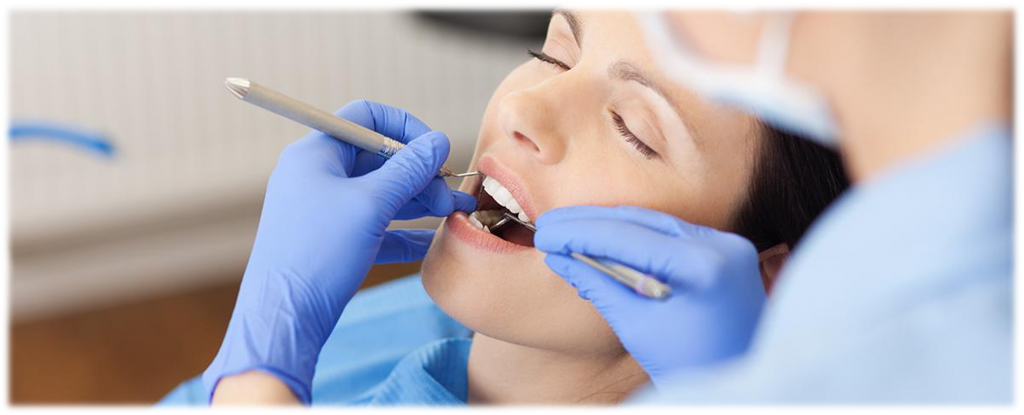What is Sleep Dentistry?
Leave Your Worries At The Door!
What are you afraid of?
Some people are afraid of the dark, some of spiders, and some of pickles (it’s true). But for a surprisingly large amount of people, the dental office is what they fear the most.
Dental phobia or anxiety unfortunately keeps many patients from seeing their dentist for routine check-ups and cleanings – or, even worse, from dental emergencies that require urgent professional care. If you’re one of those patients who avoid the dentist at any chance they get, you may benefit greatly from sedation dentistry.
Sedation dentistry is used to reduce dental anxiety in patients, or to help with a patient’s dental procedure. While local anesthetics are used to numb local areas and prevent pain during certain treatments, general anesthesia and other forms of sedation can help a patient to feel completely relaxed (or even unaware!) in the dentist’s chair.
Is sedation dentistry right for me?
Many anxious patients benefit from sedation dentistry. If you feel that sedation will help you to better face your dental fears and reduce your anxiety, talk to your dentist. After a chat including a brief review of your medical history, your dentist will be able to determine whether sedation dentistry will be appropriate for you and your dental procedure. Don’t worry – most patients who are in good general health are candidates.
Depending on a patient’s level of anxiety or type of dental procedure, these are the forms of sedation commonly used in dentistry:
- Nitrous Oxide
This sedative is supplied along with oxygen through a mask placed over the patient’s nose. The level of sedation a patient receives can be easily controlled by the professional. Otherwise known as “laughing gas”, patients can become quite giggly! Patients will always be fully conscious with this lighter form of sedation, and the effects of the gas will generally wear off quickly. - Oral Sedation
Usually taken by the patient in the form of pill about an hour before their appointment, oral sedation can help a patient to feel very relaxed and at ease during their treatment. It can also make them sleepy or drowsy, but they will still be conscious for their treatment (unless they decide to drift off into dreamland)! - IV moderate sedation
The patient will receive the medication through a vein, allowing the dentist to regulate the level of sedation throughout the procedure. While a patient will still be awake, they may actually recall little to nothing of their appointment. - General anesthesia
The patient will be completely unconscious or “put to sleep” for their procedure, and cannot easily be awakened.
Your safety is our priority.
Any significant risks associated with sedation dentistry are extremely rare. If you’re ready to conquer your dental fear for once and for all, speak to one of our Toronto dental team members today. We can discuss how sedation dentistry can help you to feel more comfortable at the dental office, and ultimately help you take full control of your oral health.

